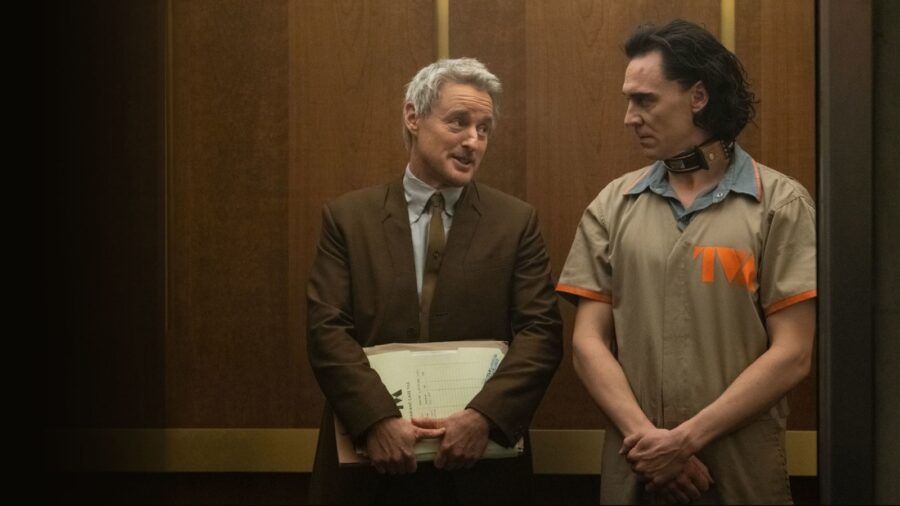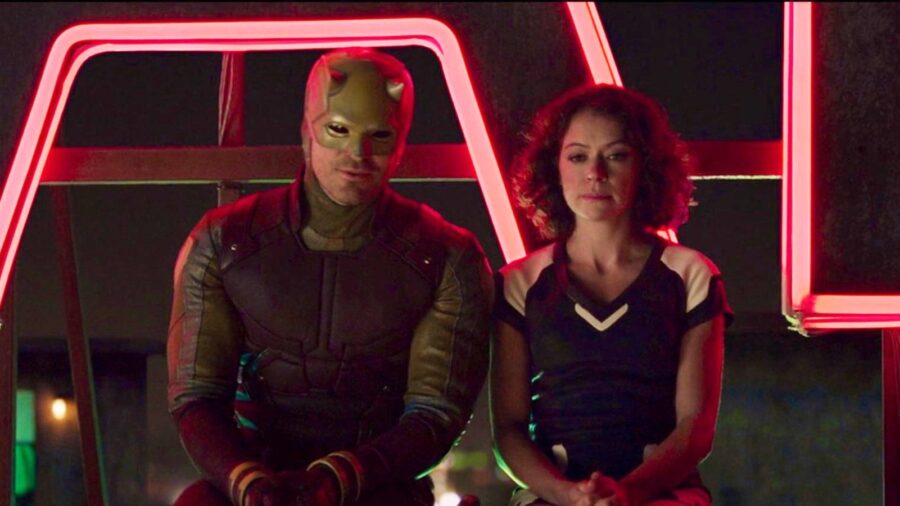Marvel Making Huge Changes To All Their TV Shows

Marvel Studios, known for its cinematic prowess in the 2010s, pivoted towards television with the release of WandaVision in January 2021. Since then, the studio has delivered over 50 hours of original programming, establishing its presence on the small screen. However, the quality of the content has come under scrutiny in recent years, forcing Marvel to revamp its TV offerings: starting with Daredevil: Born Again.
“We’re trying to marry the Marvel culture with the traditional television culture. It comes down to, ‘How can we tell stories in television that honor what’s so great about the source material?'”
Brad Winderbaum, Marvel’s head of streaming, television and animation
When Marvel ventured into the realm of TV, the studio avoided the norms of traditional production. Instead of commissioning pilots before placing a series order, Marvel shot entire seasons at once, often exceeding budgets of $150 million. They also chose not to employ experienced showrunners and relied on film executives to lead their television projects.
In the same vein as their movies, Marvel used postproduction work and reshoots to fine-tune their TV offerings. Despite the initial success and a consistent viewership on Disney+, Marvel’s recent series have been subjected to criticism and diminishing returns, causing the studio to reassess its strategy. As such, it became clear that change was needed.
“We’re trying to marry the Marvel culture with the traditional television culture,” Marvel’s head of streaming, TV, and animation, Brad Winderbaum, said via The Hollywood Reporter. “It comes down to, ‘How can we tell stories in television that honor what’s so great about the source material?'” One of the most significant shifts comes with the new direction for the Daredevil: Born Again series.
Daredevil: Born Again is Marvel’s first TV series to feature a hero who already enjoyed a successful run on Netflix over three seasons. However, the new creative team took a different approach, crafting a legal procedural that deviated significantly from the previous action-filled series. Matt Murdock, portrayed by Charlie Cox, didn’t appear in his iconic costume until the fourth episode.
Departures At Marvel Studios
Then, in late September, Marvel discreetly parted ways with lead TV writers Chris Ord and Matt Corman. The studio also severed ties with the directors for the rest of the season as part of a substantial creative overhaul. Marvel is currently searching for fresh talent to fill the vacant director and writer roles. Corman and Ord will take on the roles of executive producers.

Despite the shuffle, Marvel plans to keep certain scenes and episodes, but they also plan to introduce new elements into the storyline. Daredevil is not the first Marvel TV series to experience big changes behind the scenes. Moon Knight’s original show creator and writer, Jeremy Slater, exited the series with director Mohamed Diab taking over.
[Marvel] is actively embracing the concept of multiple seasons for serialized television, moving away from the limited-series structure that previously characterized its offerings.
Jessica Gao’s role as the writer of She-Hulk: Attorney at Law was somewhat marginalized when director Kat Coiro joined the project. People working with Marvel TV have expressed concerns regarding this lack of a unified vision, which, according to insiders, started to affect the studio’s shows, leading to creative conflicts and tension.
Television typically thrives on the creative vision of its writers. However, in the Marvel TV context, the studio’s distinctive Marvel-centric approach takes precedence. Not only does this affect the writers, it also has implications for directors. Some insiders have expressed concerns that the “fix it in post” attitude can undermine the significance of a director’s role within the process.
As Loki made its return on October 5, becoming Marvel’s first TV series to receive a second season, the studio is actively embracing the concept of multiple seasons for serialized television, moving away from the limited-series structure that previously characterized its offerings.












